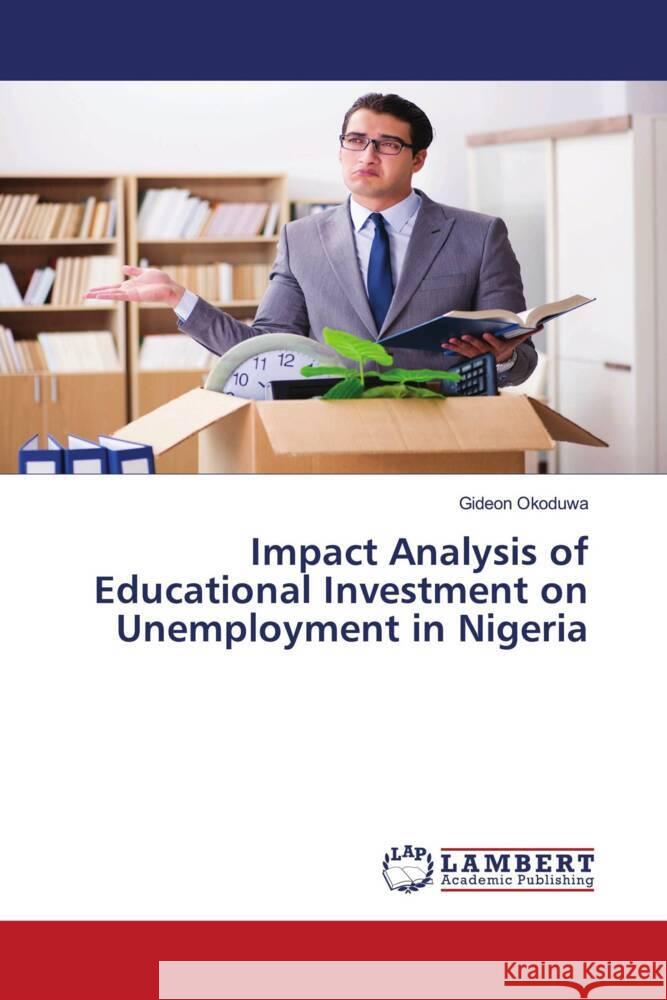Impact Analysis of Educational Investment on Unemployment in Nigeria » książka
Impact Analysis of Educational Investment on Unemployment in Nigeria
ISBN-13: 9786206766063 / Angielski / Miękka / 100 str.
Unemployment in Nigeria is a prominent macroeconomic issue attributed to the educational system's failure to impart practical skills required by employers. Evidence suggests that poor public investment in higher education has hampered skill acquisition and industry-relevant talent development in universities. This research explores the impact of public investments in education on Nigeria's unemployment rate. Using a 31-year lagged secondary data set encompassing unemployment, government budget allocation to education, and economic growth, the study employs the ARDL model for analysis. The results reveal a significant positive relationship between government budget allocation to the education sector and the unemployment rate. This implies that increased funding for education has not effectively addressed the escalating unemployment issue in the country over the past three decades. These findings carry practical implications, particularly in raising awareness about the need to reevaluate the government's spending efficiency, especially concerning the fulfillment of Higher Education of Learning (HEL).











